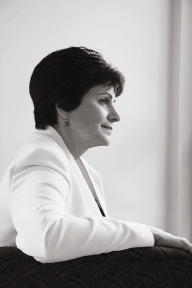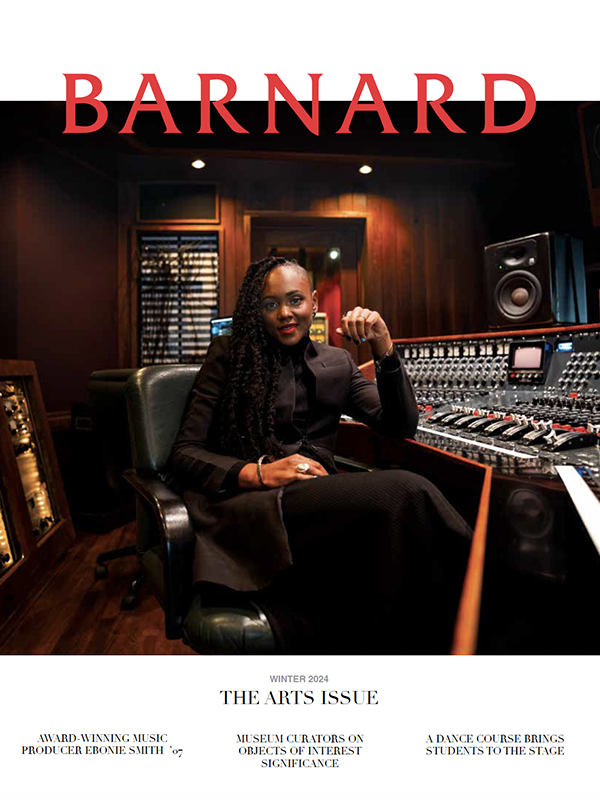 We all know that Barnard provides its students with an excellent liberal arts education. But today a liberal arts college needs to go beyond its educational mission. Barnard must provide an atmosphere of “wellness” and meet the increasingly complicated challenges of its students’ physical and emotional needs. In addition, medical advances have allowed students to attend college today who would not have been able to in the past. Legal advancements such as the Americans with Disabilities Act have helped many young adults pursue their education with support from academic institutions.
We all know that Barnard provides its students with an excellent liberal arts education. But today a liberal arts college needs to go beyond its educational mission. Barnard must provide an atmosphere of “wellness” and meet the increasingly complicated challenges of its students’ physical and emotional needs. In addition, medical advances have allowed students to attend college today who would not have been able to in the past. Legal advancements such as the Americans with Disabilities Act have helped many young adults pursue their education with support from academic institutions.
This past March at our annual retreat of the Board of Trustees we spent the day learning how Barnard is approaching these challenges. We learned about the issues affecting young women and the breadth of services that Barnard provides to its 2,400 students. As a pediatrician and the mother of a post-college-aged daughter, I am quite familiar with this generation’s needs, but it was with particular interest that I listened to the various speakers throughout the day.
During my years at Barnard in the late ’70s, students visited health services for a sore throat, a bad chest cold, or even the occasional bout of mononucleosis. Basic gynecological services were added during this era, as was counseling regarding birth control, sexual health, and emotional ups and downs. Services for both medical and psychological issues were quite basic, with referrals made outside school for more complicated illnesses. Parents could be involved at the discretion of the college medical director. As for living healthy, a copy of Our Bodies, Ourselves served as our survival guide.
Today, Barnard has a team of professionals to care for the hundreds of students who seek medical help each year. We heard from Mary Joan (MJ) Murphy, the new executive director of student health and wellness at Barnard who, along with the medical director, Marjorie Seidenfeld, oversees a staff of physicians and nurses that provides care seven days a week in a center that rivals my former private practice and includes a laboratory and short-stay unit.
Mary Commerford, director of the Furman Counseling Center, talked about Barnard’s commitment to the mental health of its students. Supported by the generosity of the Furman family to honor Rosemary Frankel Furman ’58, the center provides short-term counseling and maintains relationships with professionals throughout New York for those students requiring additional support. Special programs, such as those caring for students with eating disorders, cross both medical and psychological fields. The entire administration and faculty are educated on the warning signs of serious mental illness, and there is excellent communication regarding at-risk students.
The Board of Trustees also heard from two students. The first was a peer educator for Well Woman, a program dealing with nutrition, exercise, and stress-reduction techniques. The second, a peer advocate for the Rape Crisis/Anti-Violence Support Center, discussed on-campus programs aimed at preventing date violence and available resources to help victimized students who have been victims of this type of abuse.
Barnard is on top of the needs of its students. They will graduate not only at the highest intellectual levels, but they will have had access to the highest levels of physical, psychological, and wellness resources available.
Sincerely,
Mary Ann LoFrumento ’77
Alumnae Association President
